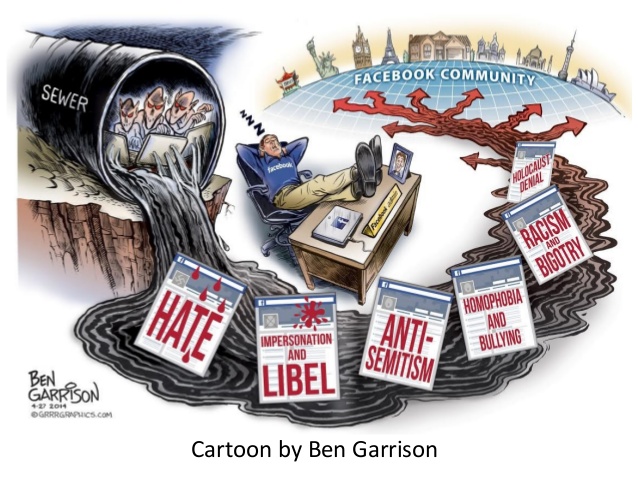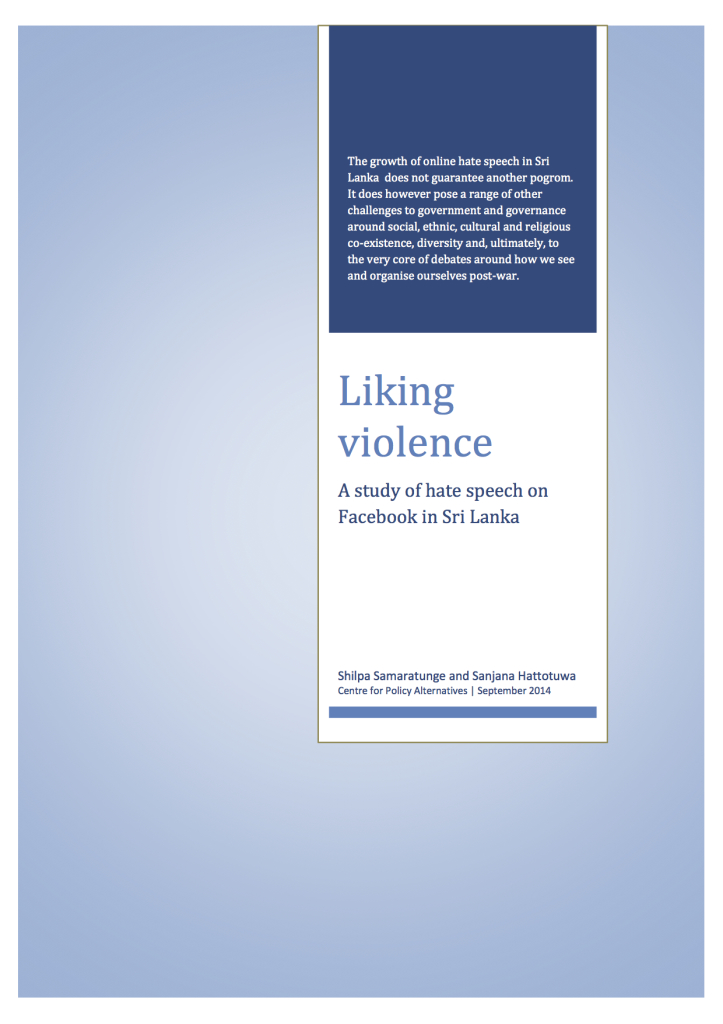A Brief Colonial History Of Ceylon(SriLanka)
Sri Lanka: One Island Two Nations
A Brief Colonial History Of Ceylon(SriLanka)
Sri Lanka: One Island Two Nations
(Full Story)
Search This Blog
Back to 500BC.
==========================
Thiranjala Weerasinghe sj.- One Island Two Nations
?????????????????????????????????????????????????Monday, August 29, 2016
No Internet Please, We’re Sri Lankan!


 NALAKA GUNAWARDENE on 08/29/2016
NALAKA GUNAWARDENE on 08/29/2016
“You’re an Internet addict!”
That is what a retired professor of mass communications told me publicly at a university media conference four years ago. I was a bit taken aback as he had no clinical training to make such assertions.
The basis for his ‘diagnosis’ was simple and simplistic. I had just told
my audience how I was spending increasing number of hours each day
online engaged in various functions like searching, reading, blogging or
tweeting. He felt that it was rather excessive (= wasted?), compared to
his own total use of Internet which was limited to dealing with emails
(on which he spent an average of half hour a day).
 We
agreed to disagree, and our audience was divided. I wish, though, the
amiable don either updated his knowledge — or kept his mouth shut on
matters he knew little about. (Internet addiction is not measured by the duration spent online.)
We
agreed to disagree, and our audience was divided. I wish, though, the
amiable don either updated his knowledge — or kept his mouth shut on
matters he knew little about. (Internet addiction is not measured by the duration spent online.)
That little encounter highlighted a much larger problem: many opinion
shapers and decision-makers in Lankan academia, public administration
and education sector remain ill-informed and yet highly prejudiced about
digital and web based technologies.
My on-going interactions with our university teachers of journalism or
mass communication reveal how some of them love to bash the web and
mobiles phones – even as they use these technologies themselves!
There is no research or analysis behind such negativity – the worthies just know it’s bad for you and me!
Even worse, they sometimes cite their own dubious studies to justify
this stand. One example is a ‘survey’ by a journalism professor at a
leading University that suggests a link between rising divorce rates and
growing popularity of Facebook in Sri Lanka! Some Sinhala language
newspapers reported this ‘finding’ rather gleefully, probably because it
fit their own moralistic worldview. Yet my repeated queries on that
study’s sample size, methodology, assumptions and limitations went
unanswered. That was two years ago.
With 30 per cent of our population now using the Internet, it is no
longer a peripheral pursuit. Neither is it limited to cities or rich
people.
So we urgently need more accurate insights into how society and economy are being transformed by these modern tools.
Disappointingly, many Lankan sociologists hesitate to study the
socio-cultural impacts of new media – perhaps out of a (misplaced) fear
of these issues being ‘too technical’? Meanwhile, IT engineers and other
‘techies’ involved in the digital infrastructure are not much concerned
with societal issues arising from their work.
This disconnect has led to dangerous gaps in knowledge and policy
formulation. Some are demanding ‘strict regulations’ without evidence.
Public discussions about the web and digital media easily get polarized
between those who uncritically embrace and others who habitually
demonize anything modern or foreign.
I stand in the middle, and often get caught in their crossfire…
Acknowledge Problems
